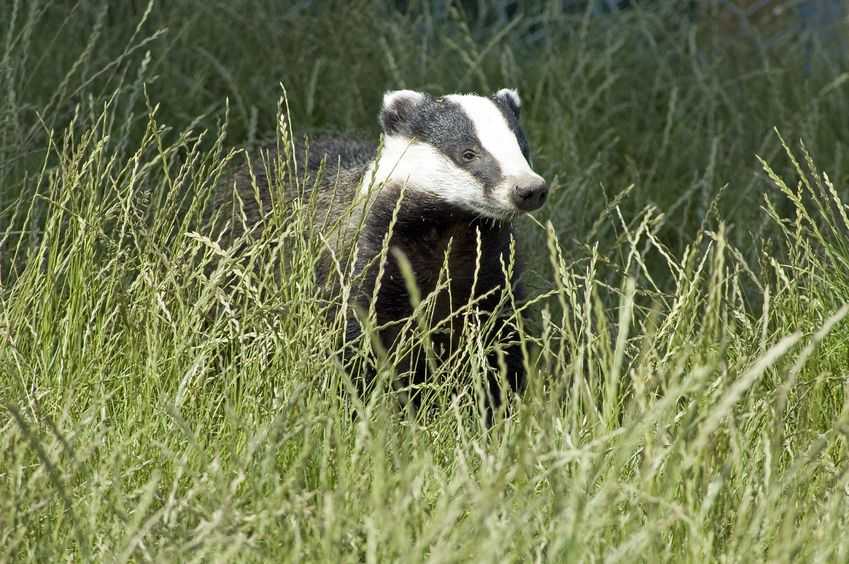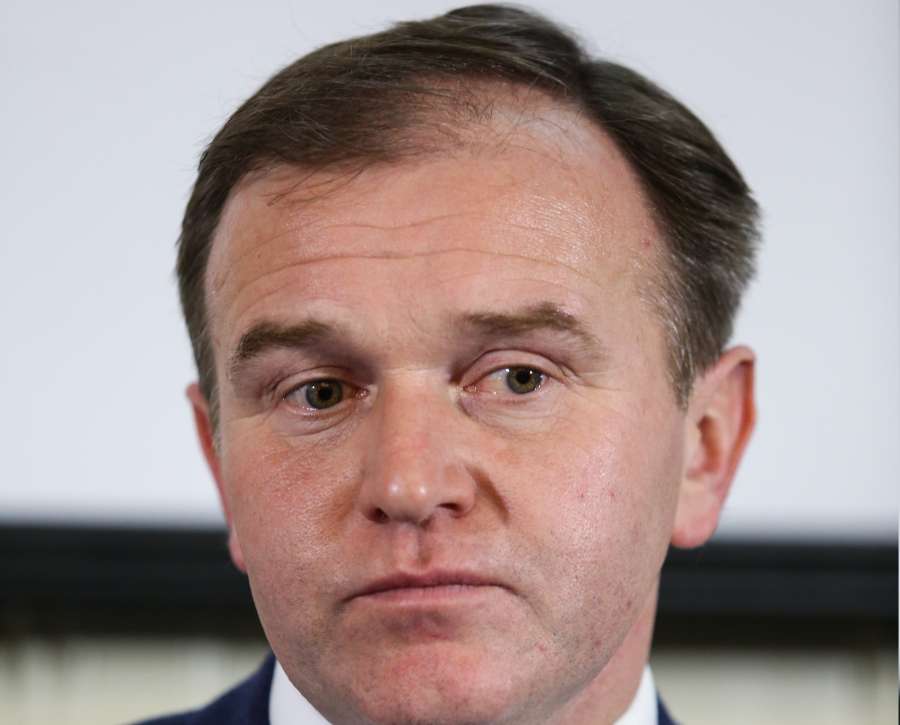
Farm minister George Eustice has outlined new proposals to catch bovine TB early on in herds, including the re-introduction of the Badger Edge Vaccination Scheme.
Mr Eustice has issued a written ministerial statement providing an update on the implementation of the government’s 25-year strategy to eradicate bovine TB in England.
The update follows a consultation on licensed badger control, conducted at the start of 2017.
He said the government has applied for TB-free status for the Low Risk Area of the England – more than half the country - two years ahead of schedule.
He said this will bring trade benefits for farmers in these areas.
A consultation began yesterday (19 July) on proposals to catch disease in herds as early as possible, by introducing a more risk-based TB testing regime in the High Risk Area with six-monthly routine surveillance tests.
'Good biosecurity'

Lower risk herds where owners can demonstrate good biosecurity will be subject to less frequent testing, Mr Eustice said.
“We are proposing some adjustments to the compensation system to improve incentives for farmers to reduce disease risks on their farms.
“Also included is a proposal to allow farmers to retain in-calf TB test positive cattle for up to 60 days, subject to bio-security controls.”
Mr Eustice said supplies of BCG vaccine are sufficient to allow the government to resume the Badger Edge Vaccination Scheme.
The Badger Edge Vaccination Scheme offers long term financial and other support to privately led vaccination campaigns.
He said: “This will help protect healthy badgers and stop disease spreading to new parts of the country.
“Private groups intending to run vaccination schemes will be able to apply for grants later this year for projects to run next summer.”
'Important questions unanswered'
Commenting on the statement, British Veterinary Association (BVA) said that the announcement leaves 'important questions unanswered' on the cull timeframes, numbers and mid-cull review methodology.
President Gudrun Ravetz said: “We would urge clarity in each of these areas to ensure that the progress made, enabling the application for Officially TB Free status, is not undermined.
“It is clear that badger population estimates have previously demonstrated considerable uncertainty and imprecision, but to help secure disease control benefits and prevent population extinction it is critical that as accurate as possible population estimates, using an evidence-based methodology, are obtained and made openly available in advance of a licence being granted.
“Government policy seems to have moved away from the original, evidence-based proposal of a six-week time limit for badger control within the open season, which allows an intensive and simultaneous operation in order to secure optimum disease control benefits.
“We query whether the new guidance for cull licences provides the necessary clarity to ensure that such operations – that will not cause unnecessary pain, suffering or distress to the badgers – can effectively take place each year.”
